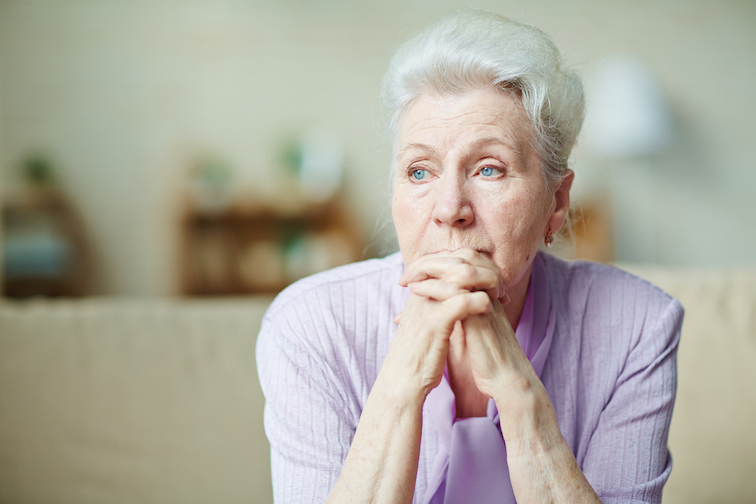
Improved health is just one of the benefits of socialization for seniors.
Senior isolation is a growing and intensely serious epidemic in the United States. As many as a third of all older adults live alone, and for many different reasons (limited mobility, chronic health problems, and loss of friends and family, just to name a few) socialization turns out to be increasingly challenging to maintain.
The truth is, isolation in older adults has been shown to be as damaging for their health as smoking 15 cigarettes daily, with a higher risk for heart problems, stroke, and even premature death, based on a report carried out by the National Institute for Health Care Management.
It’s equally important to be aware of the key differences when considering isolation and loneliness. As the late John T. Cacioppo, Ph.D., former director for the Center for Cognitive and Social Neuroscience at the University of Chicago explains, social isolation is “the objective physical separation from other people (living alone),” while loneliness is “the subjective distressed feeling of being alone or separated.” Consequently, a senior can feel lonely even if surrounded by friends and family, while another may spend a lot of the time alone, but not feel lonely.
Both loneliness and social isolation are risk factors for health problems, and the benefits of socialization for seniors are well documented. Senior loved ones whose lives are more social reap a number of overall health benefits, particularly when you look at the elements of:
- Cognition: The companionship of others offers the opportunity for a release of tension and improved mental health, which are proven to favorably impact memory and help prevent cognitive decline.
- Emotional Health: The risk of depression, anxiety, and low self-esteem is reduced for people who are socially connected, providing a feeling of belonging and better management of mental health concerns.
- Physical Health: Exercise is crucial to improving physical health in the elderly, and those who sustain social bonds are more likely to stay physically active and engaged.
Not just that, but social seniors have even been shown to live a longer lifespan than others who are more isolated.
At Grace Home Care, a trusted provider of home care and dementia care in Topeka, we are helping seniors overcome loneliness and isolation by providing trained, knowledgeable, friendly, and compassionate caregivers who offer much-needed companionship through:
- Conversations and reminiscing
- Exercise programs
- Arts/crafts or other enjoyable hobbies and interests
- Transportation to fun outings in the neighborhood
- Sharing mealtimes together
- And so much more
Help a senior you love experience a more socially-enriched lifestyle! Contact us at 785-286-2273 for a complimentary in-home consultation and to learn more about our top-rated home care and specialized dementia care in Topeka.
